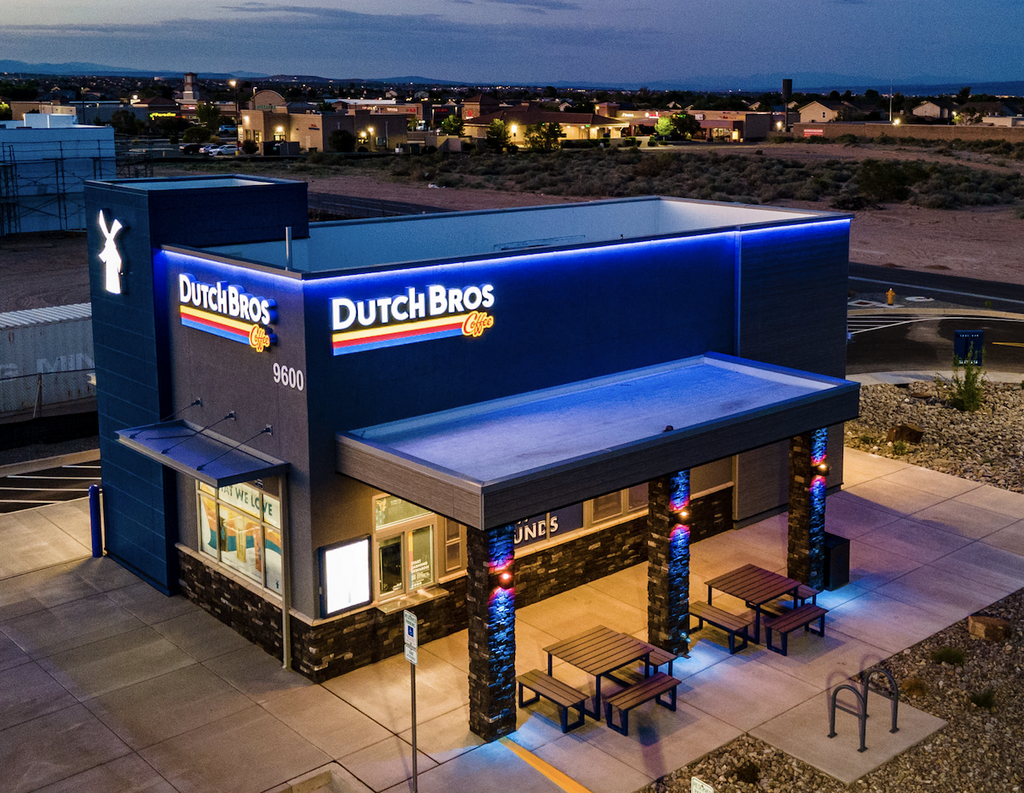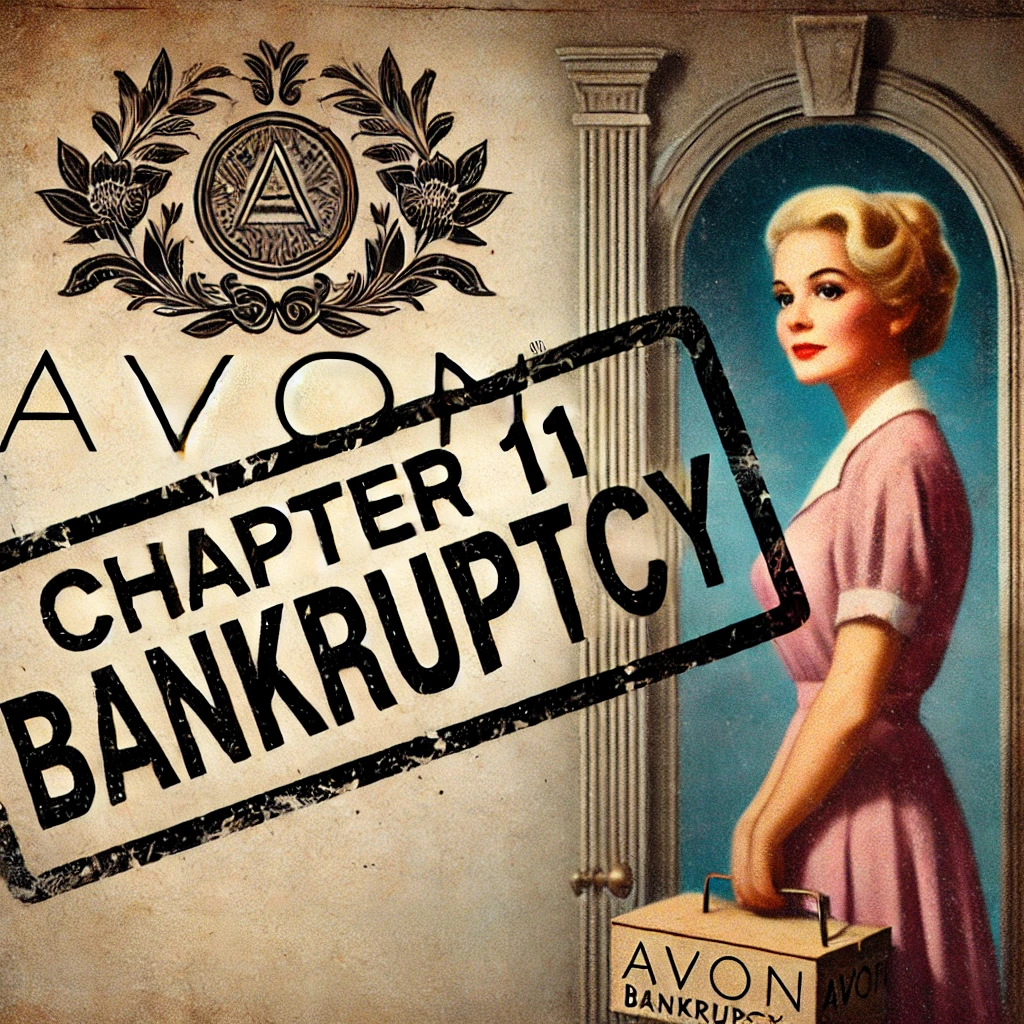
Avon Products, once a household name in the beauty industry, filed for Chapter 11 bankruptcy on Monday. This move marks a significant downturn for the company that was once synonymous with door-to-door sales and personal beauty consultations. The bankruptcy filing comes as Avon struggles to address mounting debt and legal liabilities stemming from lawsuits that allege its talc-based products were contaminated with cancer-causing asbestos.

Despite the filing, Avon’s operations outside the United States remain unaffected. The company had already divested its North American business in 2016, ceasing to sell Avon products in the U.S. while continuing to hold onto its brand’s operating entities abroad. This strategic shift allowed Avon to focus on its international markets, where it still maintains a substantial presence.
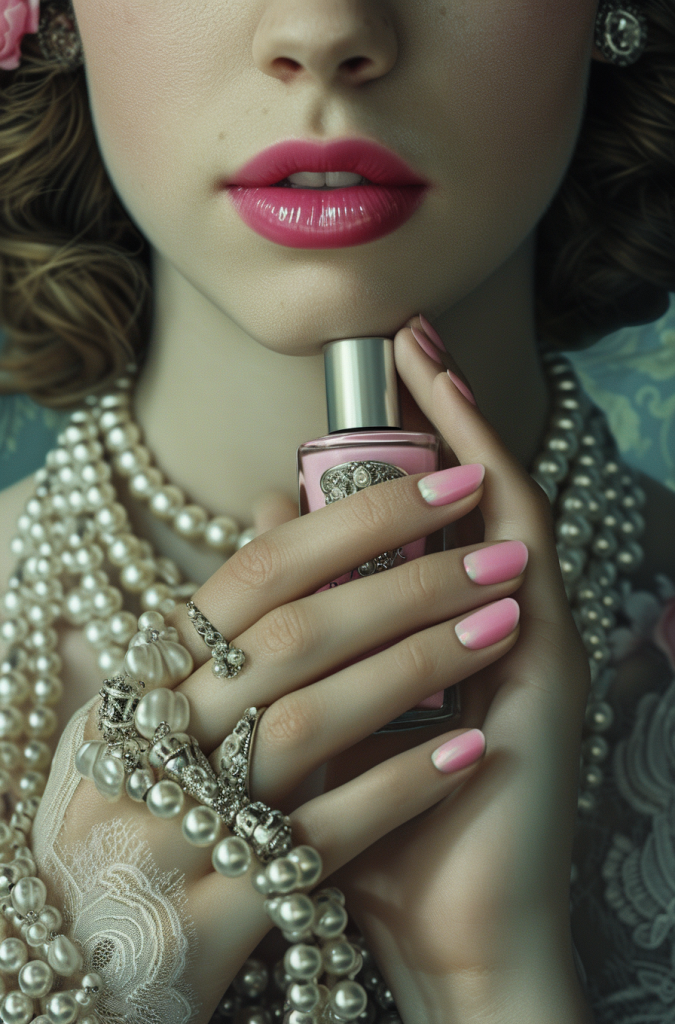
Avon is widely recognized for its range of cosmetics, skincare products, perfumes, and personal care items. The brand became famous through its network of door-to-door saleswomen, often referred to as “Avon ladies,” who brought the company’s products directly to customers’ homes. This personal touch was a key factor in Avon’s rise to prominence, setting it apart from other beauty brands.

The company’s decision to file for bankruptcy is seen as a necessary step to manage its obligations and liabilities. John Dubel, the chair of Avon Products, stated in a release that the bankruptcy filing and the proposed sale of Avon’s non-U.S. operations are intended to maximize the value of the company’s assets and allow for an orderly resolution of its debts. This move is expected to provide some relief to the beleaguered company, enabling it to navigate its financial challenges more effectively.

Kristof Neirynck, who became CEO of Avon earlier this year, remains optimistic about the company’s future. He emphasized that Avon is focused on advancing its business strategy internationally, including modernizing its direct selling model and reigniting the brand to accelerate growth. Neirynck expressed confidence in the company’s ability to capitalize on its strengths and opportunities, with the support of its nearly 2 million representatives around the world.

Avon’s decline has been a long time in the making. The company, which started as a door-to-door beauty brand, expanded rapidly to become the fourteenth-largest beauty company globally, with annual sales of $9.1 billion in 2020. At its peak, Avon was a giant in the multi-level marketing industry, second only to Amway, with millions of representatives selling its products worldwide.
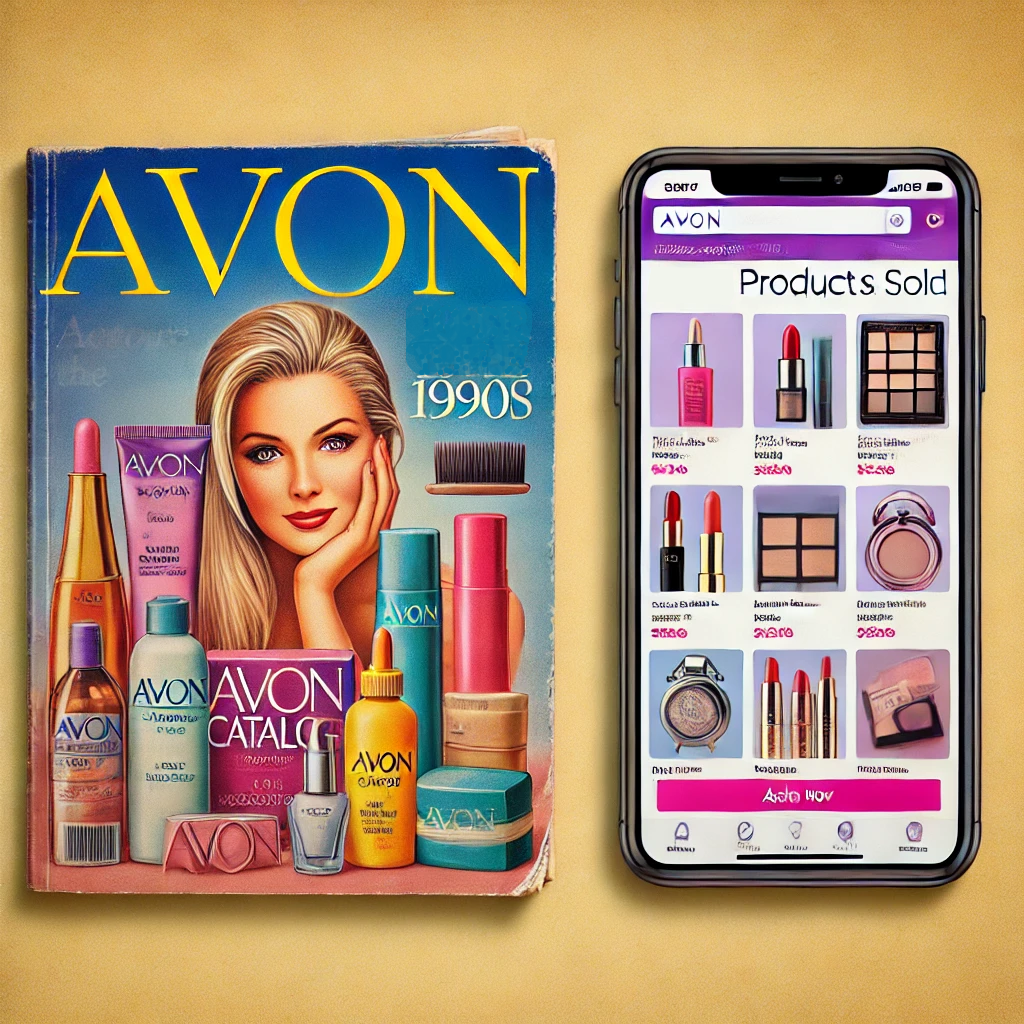
The company has faced significant challenges in recent years. The rise of digital marketing and e-commerce has made Avon’s traditional sales model increasingly outdated. Additionally, the company’s products have faced stiff competition from newer, more agile beauty brands that have embraced online platforms and social media to reach consumers.
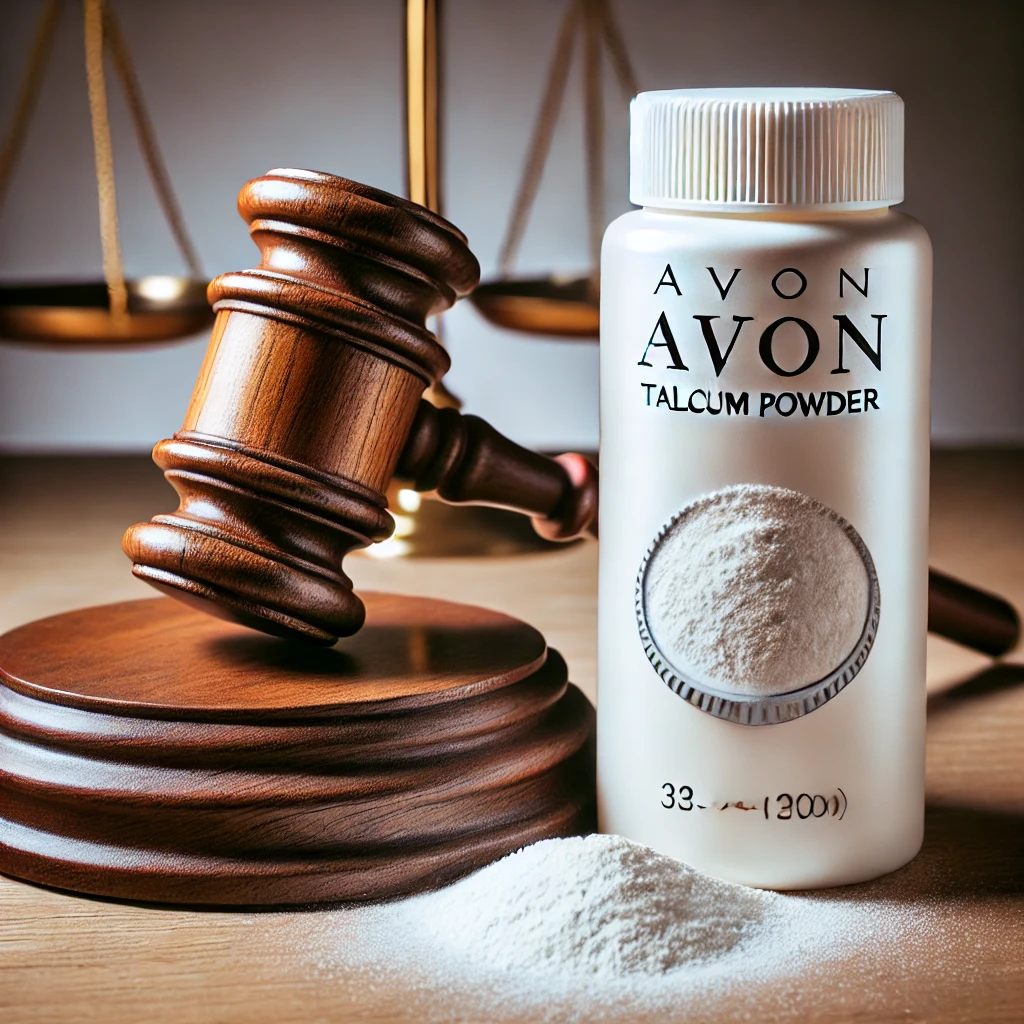
The lawsuits that ultimately led to Avon’s bankruptcy filing were another blow to the company. The allegations that Avon’s talc-based products contained asbestos have tarnished the brand’s reputation and led to costly legal battles. These lawsuits highlighted the company’s vulnerability and contributed to its financial woes.

In 2019, Avon was acquired by the Brazilian multinational company Natura & Co. The merger, completed in January 2020, marked a new chapter for Avon, but it also signaled the end of an era. Natura’s shareholders took control of the combined company, with Avon’s shareholders holding a minority stake. Following the merger, Avon became a privately held company, and its common stock was removed from the New York Stock Exchange.

Despite these changes, Avon has continued to operate as a global beauty brand, with a significant presence in over 100 countries. The company employs tens of thousands of people, including a large number of sales representatives who continue to sell its products through traditional methods. As Avon navigates the bankruptcy process, the future of the brand remains uncertain. The company’s leadership is focused on sustaining its international operations and exploring new strategies to revitalize the brand. However, the challenges facing Avon are formidable, and the once-iconic beauty brand’s future is far from assured.





